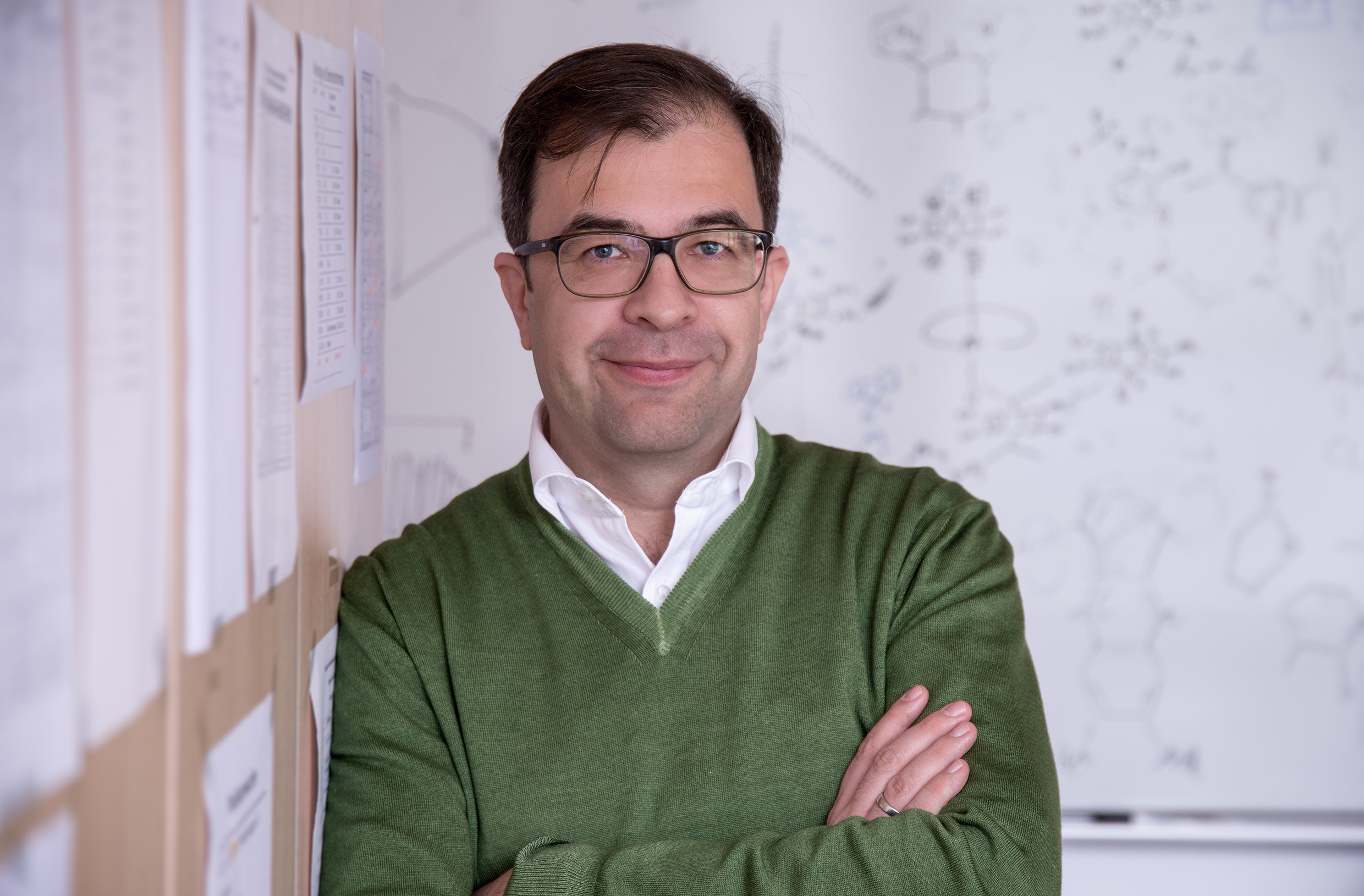Date: 2019-10-9
Time: 15:00-16:30
Venue: Conference Room (2nd floor, South Building)
Speaker: Prof. Dr. Michael Mastalerz (Ruprecht-Karls-Universit?t Heidelberg, Germany)

Biography:
Prof. Dr. Michael Mastalerz studied Chemistry at the Gerhard-Mercator-Universit?t in Duisburg, Germany where he got his diploma in 2002. He then moved to the Ruhr-Universit?t Bochum for his PhD studies, which he finished in 2005. After a short stay in industry, he carried out postdoctoral research in the group of Gregory C. Fu at MIT in Cambridge/USA from 2006 to 2007. He returned to Germany for a second postdoctoral position at Ulm University to work in the group of Peter B?uerle on dendritic oligothiophenes for organic electronic applications. At Ulm University he also started his independent career, working towards his habilitation which was successfully achieved in February 2013. Since April 2013 he is professor for Organic Chemistry at the Ruprecht-Karls-Universit?t Heidelberg. His main research interests focus on the synthesis of large shape-persistent organic cage compounds as soluble porous molecules, hydrogen-bonding based chiral capsules and large fused contorted aromatic compounds. He is an ERC consolidators grant holder and editor of the recently launched new journal Organic Materials from Thieme publishers.
Abstract:
Since the introduction of the concept of dynamic covalent chemistry (DCC), shape-persistent organic cages became synthetically achievable in many sizes, geometries and, most important, high yields from readily available precursors. Due to the intrinsically molecular confined space, shape-persistent organic cages are interesting as soluble porous units in the field materials chemistry to study selective gas-sorption, or for sensor application by selective binding of guest molecules.
In the talk, a brief overview of the development of the field is given with an emphasis of synthetic challenges associated with DCC reactions towards large and complex cage molecules. Properties of the resulting materials as well as prospective possibilities are further discussed.
Date: 2019-10-9
Time: 15:00-16:30
Venue: Conference Room (2nd floor, South Building)
Speaker: Prof. Dr. Michael Mastalerz (Ruprecht-Karls-Universit?t Heidelberg, Germany)

Biography:
Prof. Dr. Michael Mastalerz studied Chemistry at the Gerhard-Mercator-Universit?t in Duisburg, Germany where he got his diploma in 2002. He then moved to the Ruhr-Universit?t Bochum for his PhD studies, which he finished in 2005. After a short stay in industry, he carried out postdoctoral research in the group of Gregory C. Fu at MIT in Cambridge/USA from 2006 to 2007. He returned to Germany for a second postdoctoral position at Ulm University to work in the group of Peter B?uerle on dendritic oligothiophenes for organic electronic applications. At Ulm University he also started his independent career, working towards his habilitation which was successfully achieved in February 2013. Since April 2013 he is professor for Organic Chemistry at the Ruprecht-Karls-Universit?t Heidelberg. His main research interests focus on the synthesis of large shape-persistent organic cage compounds as soluble porous molecules, hydrogen-bonding based chiral capsules and large fused contorted aromatic compounds. He is an ERC consolidators grant holder and editor of the recently launched new journal Organic Materials from Thieme publishers.
Abstract:
Since the introduction of the concept of dynamic covalent chemistry (DCC), shape-persistent organic cages became synthetically achievable in many sizes, geometries and, most important, high yields from readily available precursors. Due to the intrinsically molecular confined space, shape-persistent organic cages are interesting as soluble porous units in the field materials chemistry to study selective gas-sorption, or for sensor application by selective binding of guest molecules.
In the talk, a brief overview of the development of the field is given with an emphasis of synthetic challenges associated with DCC reactions towards large and complex cage molecules. Properties of the resulting materials as well as prospective possibilities are further discussed.
 Close Page
Close Page- Text Size: A A A
 Printer Friendly
Printer Friendly
